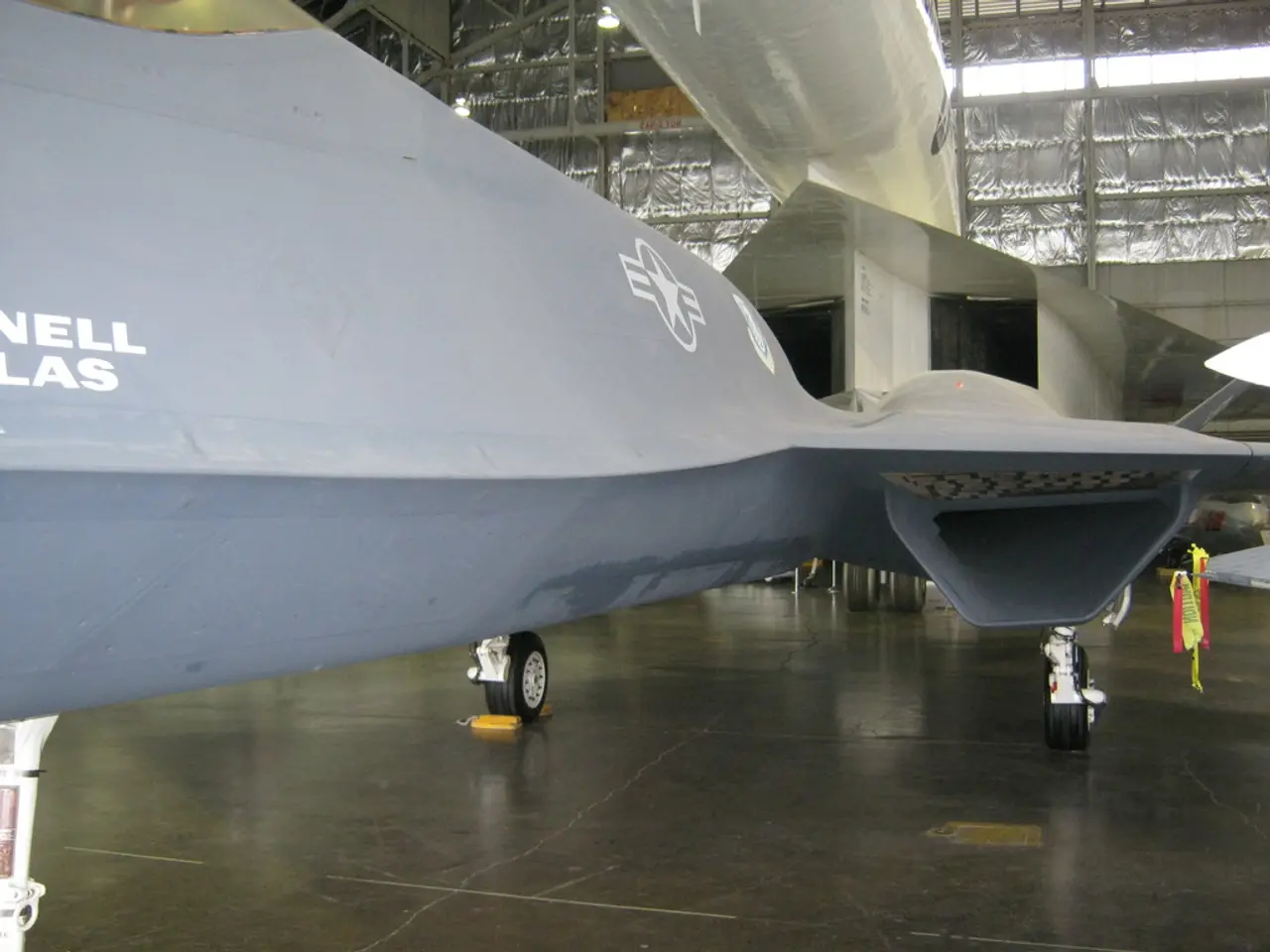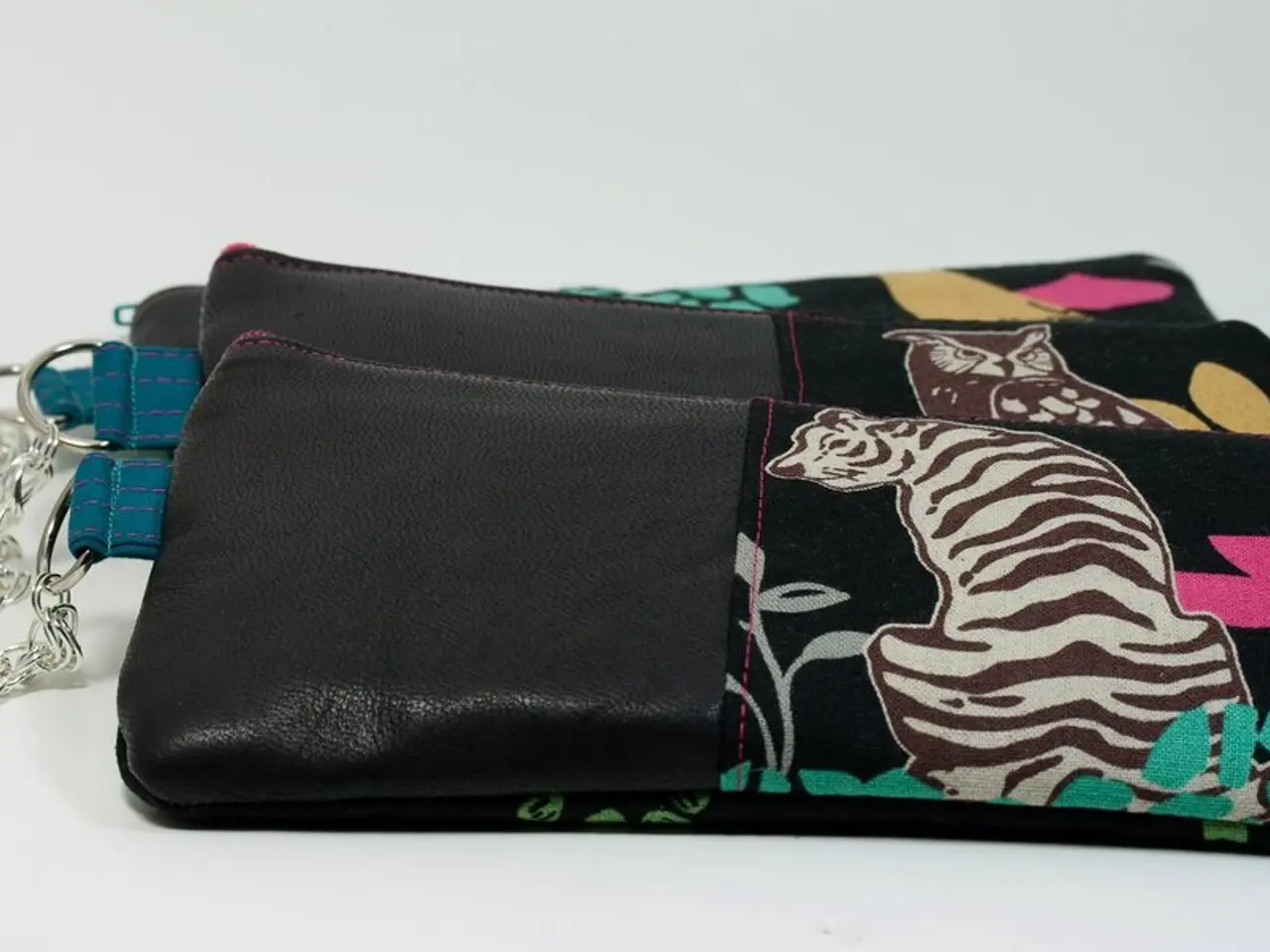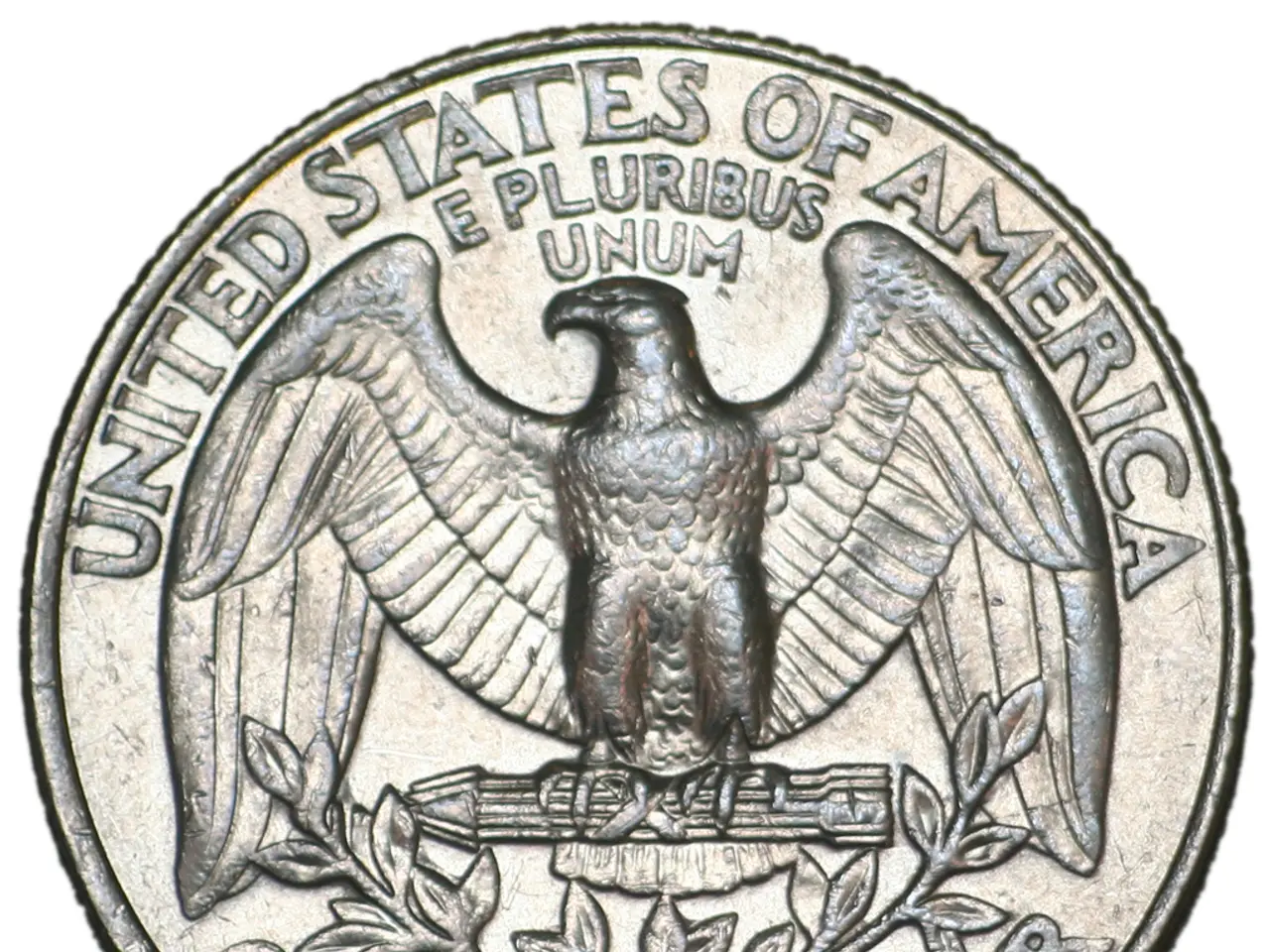Thirteen aerospace companies based in Los Angeles are experiencing growth and making strides in the industry.
=====================================================
Los Angeles, known for its vibrant tech scene, is also home to a thriving aerospace industry. A plethora of companies and startups are pushing the boundaries of space exploration, defense technologies, and reusable rockets, among other areas.
Anduril, a military contractor founded in 2017, is leading the charge in defense tech. The company has secured significant venture capital to develop advanced defense and aerospace technologies that seamlessly integrate with existing systems in the defense ecosystem.
Honeybee Robotics, founded in 1983, has historically focused on robotic systems for space exploration. Their unique solutions have contributed to space components and infrastructure for groups like NASA.
SpaceX, a well-known name in the aerospace industry, was founded in 2002 by Elon Musk. The company is renowned for its historic achievements, being the first and only private company to return a commercial spacecraft from low-Earth orbit.
Rocket Lab, founded in 2006, is making commercial space more accessible. Their leading product, Electron, is the second most frequently launched U.S. rocket, and they are working on the upcoming Neutron reusable rocket, set for its first launch in 2025. Rocket Lab also develops spacecraft components supporting NASA missions to the Moon and Mars, Earth imaging, and national security.
The Aerospace Corporation, founded in 1960, is a non-profit organisation providing research, education, and development for national security space programs. They focus on long-term planning, reducing risks and costs in development, and ensuring better chances of mission success.
Lucid Circuit, founded in 2017, develops AI-enabled chips for satellites. These chips enable power-efficient machine learning and blockchain capabilities while on-board a satellite, allowing satellites to gather, process, and store data at higher volumes and in quicker times than traditional technologies.
Other notable companies include Relativity Space, known for developing large-scale 3D-printed rockets aiming to revolutionise launch manufacturing, and Northrop Grumman, a leader in defense aerospace, satellite systems, and space technology.
Additional innovation comes from companies like Chaos Industries, which develops radars for unmanned aerial systems and missile warning/tracking, and Hadrian, which automates and scales production of aerospace components with fully automated space-grade factories. Argo Space works on satellite command and control, orbital warfare, and related national security solutions.
Slingshot Aerospace is known for space situational awareness and satellite data analytics, while Wright Electric Airplanes is developing clean flying solutions with electric power for short flights. True Anomaly and Ten Tech are also part of the landscape, but their specific R&D focuses in 2025 remain unclear.
In summary, the R&D emphasis across Los Angeles' aerospace sector includes defense tech integration, advanced launch systems with reusable rockets, automation in aerospace manufacturing, satellite technology, and space mission support systems, supported by a strong local talent pool and proximity to established defense contractors and research universities.
Technology continues to shape the aerospace industry in Los Angeles, with companies like Anduril leading the charge in defense technology development. Honeybee Robotics, meanwhile, focuses on robotic systems for space exploration, utilizing advanced technology for space components and infrastructure.




